Gaza Food Market
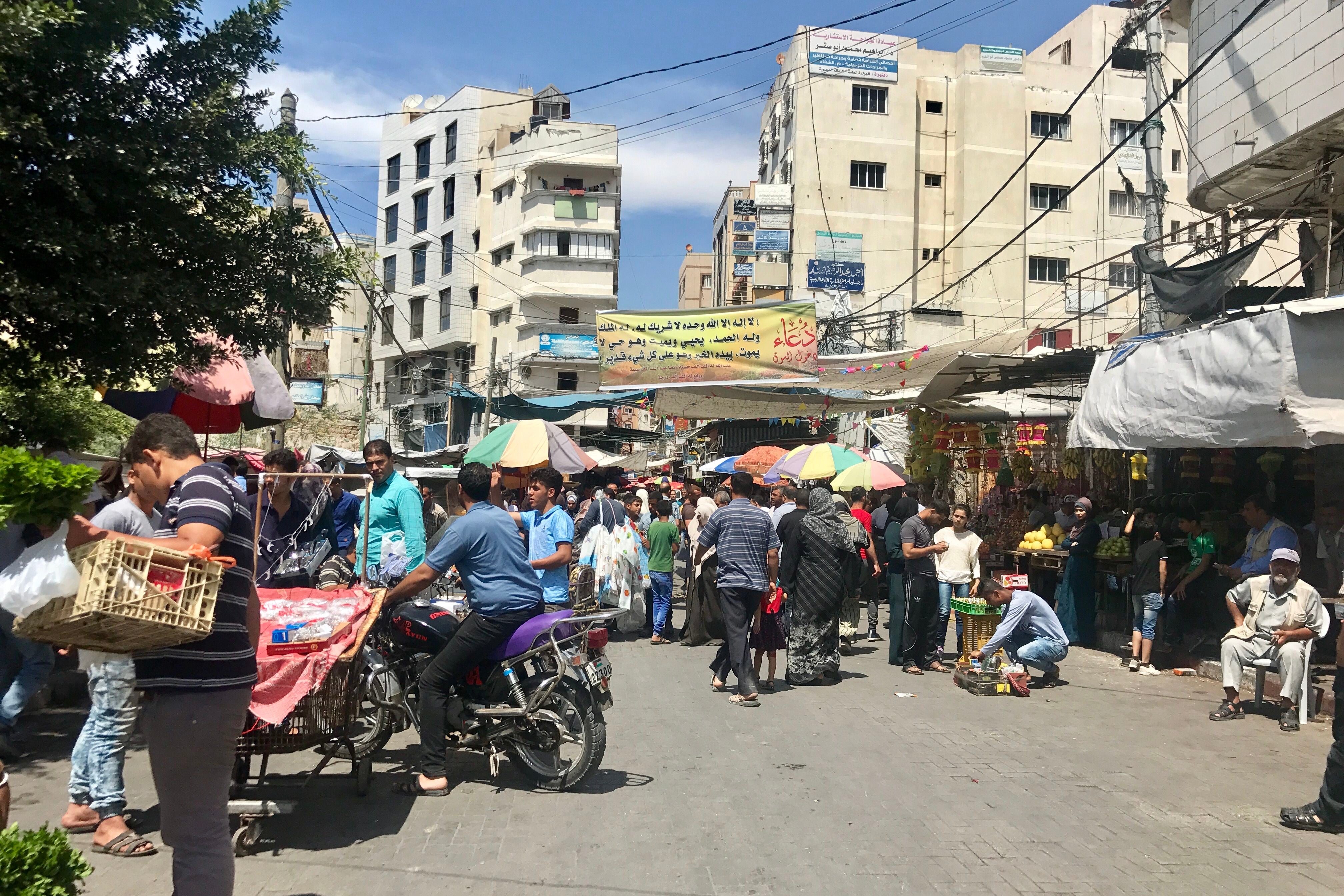
When it comes to Palestinian cuisine, the flavors are as rich and diverse as the land from which it originates. From the bustling streets of Gaza to the picturesque towns of Ramallah and Bethlehem, the food of Palestine reflects the region's rich history, vibrant culture, and deep-rooted traditions. The heart and soul of this culinary journey lie in the bustling food markets that have been the epicenter of Palestinian food culture for centuries. These markets not only provide a glimpse into the gastronomic treasures of Palestine but also serve as a testament to the resilience and creativity of its people.
The vibrant food markets of Palestine have been the lifeline of the culinary tradition for generations. These bustling marketplaces, known as souks, are a sensory feast for visitors and locals alike. Colorful displays of fresh produce, aromatic spices, fragrant herbs, and freshly baked bread fill the air with an irresistible allure. One can find a plethora of ingredients that form the backbone of Palestinian cuisine, such as olive oil, sumac, za'atar, tahini, and an array of locally grown fruits and vegetables.
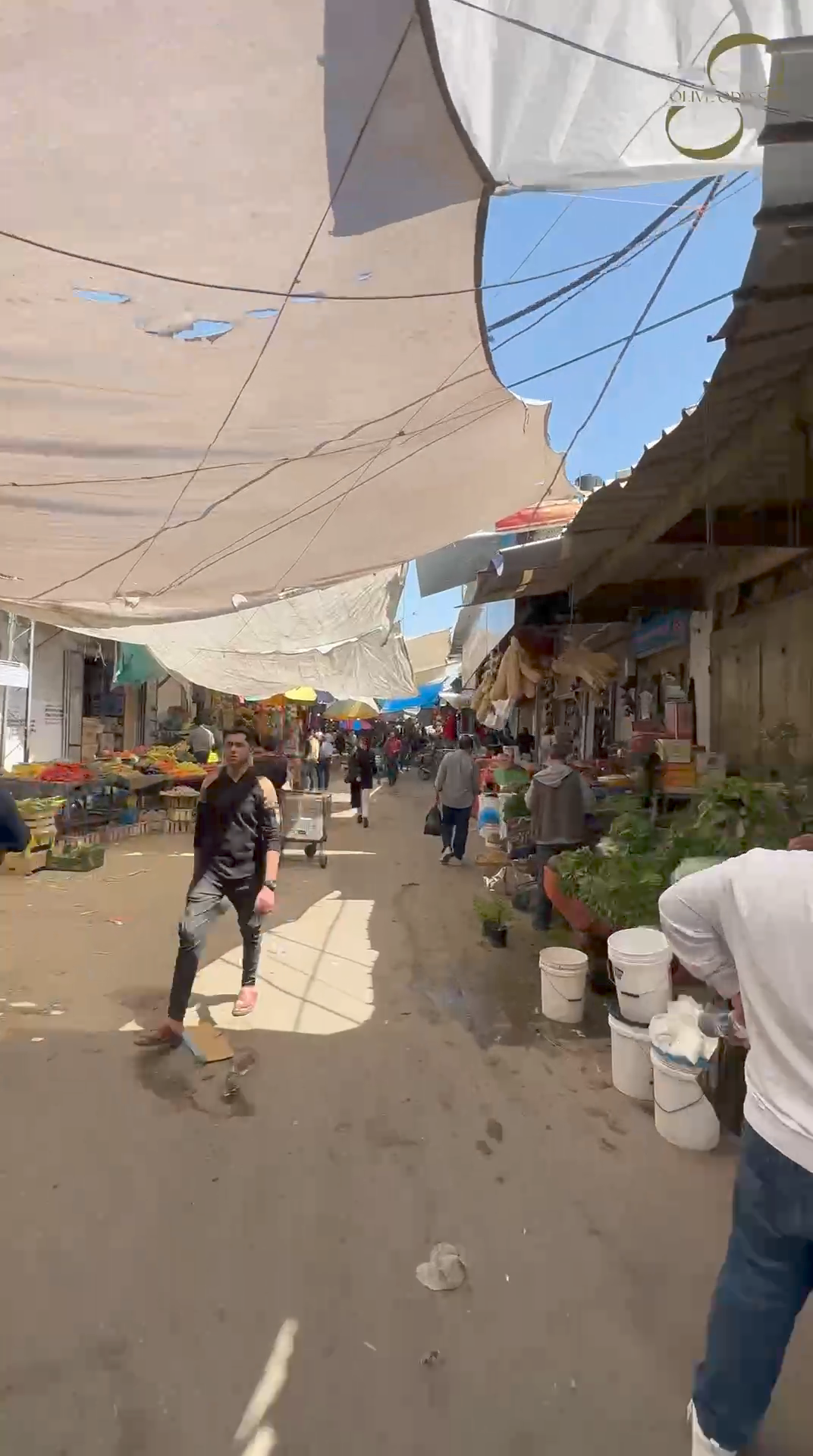
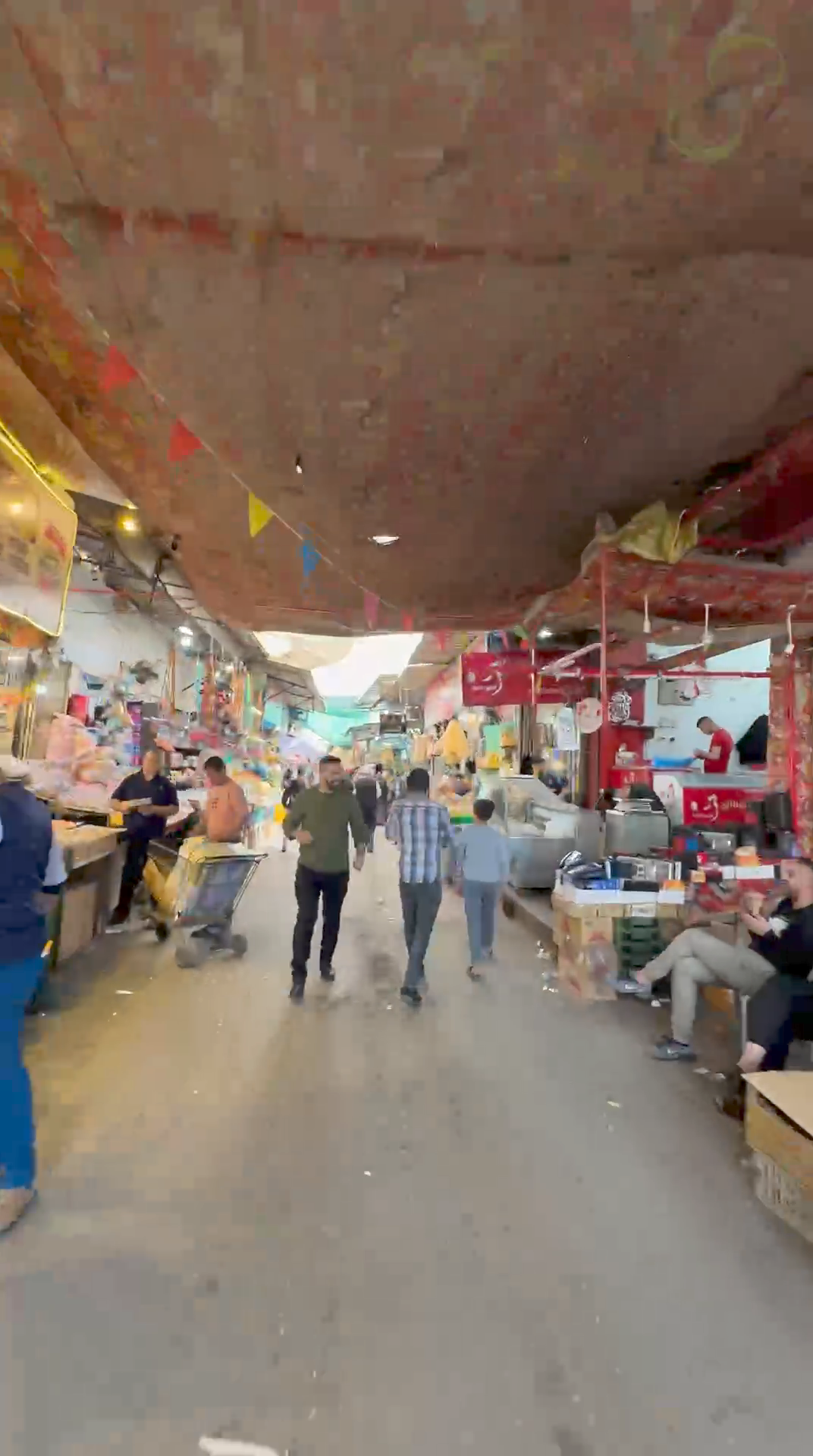
Palestinian food is a tapestry woven with the threads of various civilizations and influences that have shaped the region over centuries. With a history dating back thousands of years, the cuisine of Palestine is a blend of flavors inherited from Phoenician, Roman, Byzantine, Arab, Ottoman, and other cultures that have left their mark on the land. The fertile soil, abundant olive groves, citrus orchards, and the bountiful Mediterranean Sea have all played a significant role in shaping the ingredients and flavors that define Palestinian dishes.
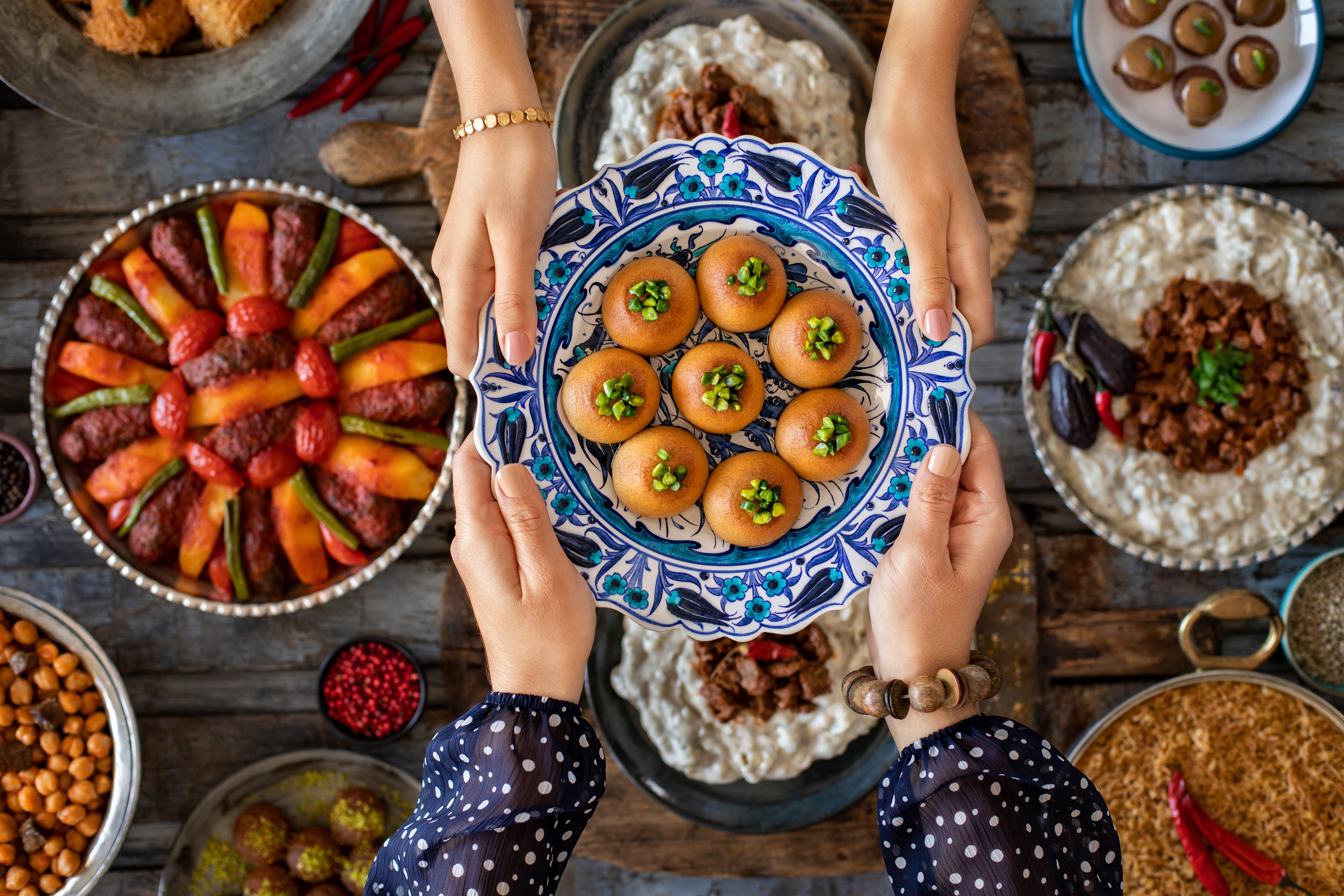
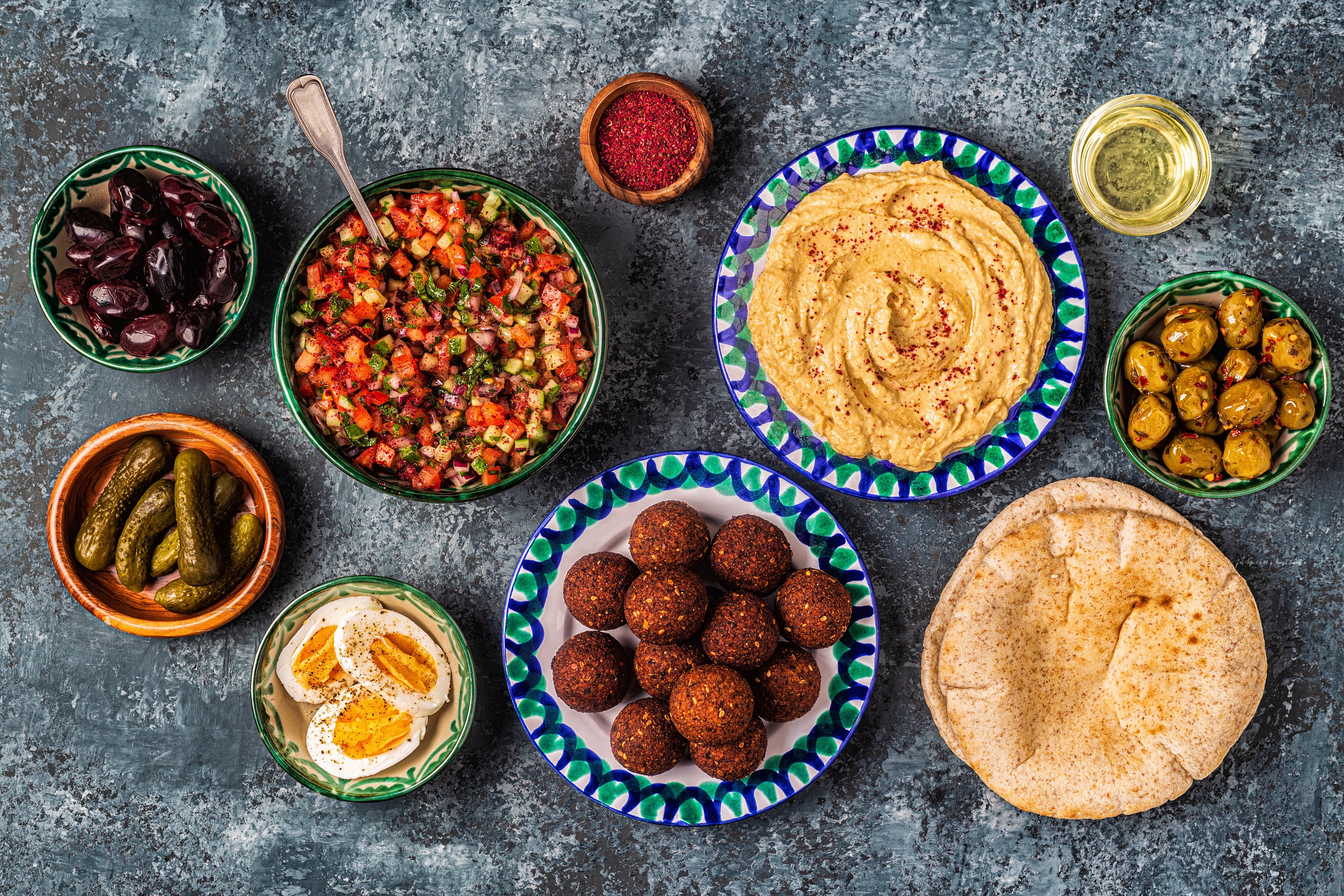
Among the many food markets in Palestine, the Gaza Market holds a special place. Known for its vibrant atmosphere and a wide array of tantalizing offerings, this bustling marketplace offers a true immersion into the culinary world of Palestine. Here, one can find an assortment of local ingredients sourced directly from farmers and producers, ensuring freshness and authenticity.
From the fragrant spices that fill the air to the vibrant colors of fresh fruits and vegetables, the Gaza Market is a treasure trove for food enthusiasts. Local vendors proudly display their wares, including succulent dates, luscious olives, aromatic herbs, and the finest olive oil produced in the region. Strolling through the market, one can witness the energy and passion of the Palestinian people as they gather to share their love for food and celebrate their culinary heritage.
Connecting Market Treasures to Palestinian Cuisine:
The ingredients found in the Gaza Market serve as the building blocks of Palestinian dishes, from hearty stews like musakhan and maqluba to delicate pastries like knafeh and baklava. The traditional Palestinian breakfast, known as "foul and hummus," is a delightful medley of flavors that showcases the region's love for legumes, spices, and freshly baked bread.
The Zaatar Arabic Restaurant, nestled in the heart of Gaza, embodies the essence of Palestinian cuisine, offering a delightful fusion of traditional flavors and contemporary twists. It serves as a testament to the innovation and creativity of Palestinian chefs who seek to preserve the authenticity of their culinary heritage while adding a modern touch.
Restaurants throughout Palestine celebrate the country's culinary heritage by showcasing local ingredients and traditional recipes. These establishments serve as culinary ambassadors, inviting visitors to indulge in the rich tapestry of flavors that have been passed down through generations.
Palestinian desserts, such as kunafa and namoura, are renowned for their exquisite taste and presentation. These sweet treats are often made with ingredients sourced from the local markets, ensuring the freshest and highest quality flavors.
Conclusion:
Exploring the Gaza Market and immersing oneself in the world of Palestinian food is a captivating journey that connects us to the heart and soul of the Palestinian people. The flavors, aromas, and traditions found within the market's bustling lanes are a testament to the resilience and passion of a culture that cherishes its culinary heritage.
As we navigate the vibrant stalls of the Gaza Market and witness the rich tapestry of Palestinian cuisine, we embark on a sensory adventure that intertwines history, tradition, and innovation. From the fresh produce to the tantalizing spices, every ingredient tells a story of Palestine's past and present.
The food markets of Palestine not only offer a wealth of ingredients but also provide a glimpse into the cultural fabric of the region. They are places where the vibrancy of Palestinian life converges with the flavors of its cuisine. Through these markets, we gain a deeper appreciation for the people, history, and traditions that have shaped Palestinian food.
So, the next time you find yourself in Palestine, make sure to venture into the bustling Gaza Market or explore the markets of Ramallah, Bethlehem, and beyond. Immerse yourself in the sights, smells, and tastes of Palestinian cuisine and experience firsthand the remarkable connection between the markets and the extraordinary flavors that grace the tables of Palestinian households and restaurants alike.
Fresh Produce:
Grains and Legumes:
Dairy Products:
Meat and Poultry:
Seafood:
Spices and Herbs:
Canned and Packaged Goods:
Bakery Items:
Beverages:

You should all check out their instagram. They have beautiful videos about Palestinian history and the struggle for liberation. I think they are just trying to keep an honorable memory of their country through their website. Preserving the dignity and beautiful history of their land.
I am sure this site is run by Israel
We are following the terrible events in Gaza closely and reading the book Daybreak in Gaza collated by two people one is a friend. We always use olive oil from Palestine as we were there often about 20 years ago.How can you harvest and sell your crops now in this terrible time of genocide?
I would like to see the answers of the two questions above from Dee and Andrea
Can you talk about the current situation? Who am I going to fund by purchasing your producs? Does the Gaza Maket still exist?
Leave a comment